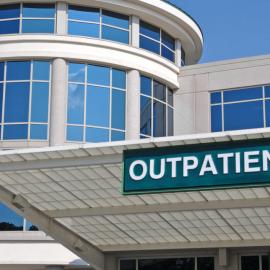The authors found that implementation of the Zero Suicide framework clinical suicide prevention pathway (SPP) reduced repeated suicide attempts after an initial attempt.
Expert researchers share questions and findings about the effectiveness of the Zero Suicide approach.
Clinical and academic research into Zero Suicide is developing.
Although published literature on the impact of Zero Suicide is limited, researchers are weighing in on everything from the need for suicide prevention measures in health care settings, how to achieve and measure dramatic reductions in suicide rates, and recommendations from on-going evaluations of the Zero Suicide model.




The Zero Suicide Framework, a systems approach to suicide prevention within a health service, is being implemented across Australia and internationally, although there is limited published evidence

In this paper, Kathryn Turner, Nicolas Stapelberg, Jerneja Sveticic and Sidney Dekker argue that the implementation of Zero Suicide Framework may be compromised if not supported by a substantial wo

In this paper, Dr. Kathryn Turner et al.

In 2001, the Division of Behavioral Health Services of the Henry Ford Health System (Detroit) launched an initiative to completely redesign depression care delivery using the Six Aims and the Ten R

This Health Affairs article discusses suicide as a significant public health problem and makes the case that suicide care must be a core priority in health